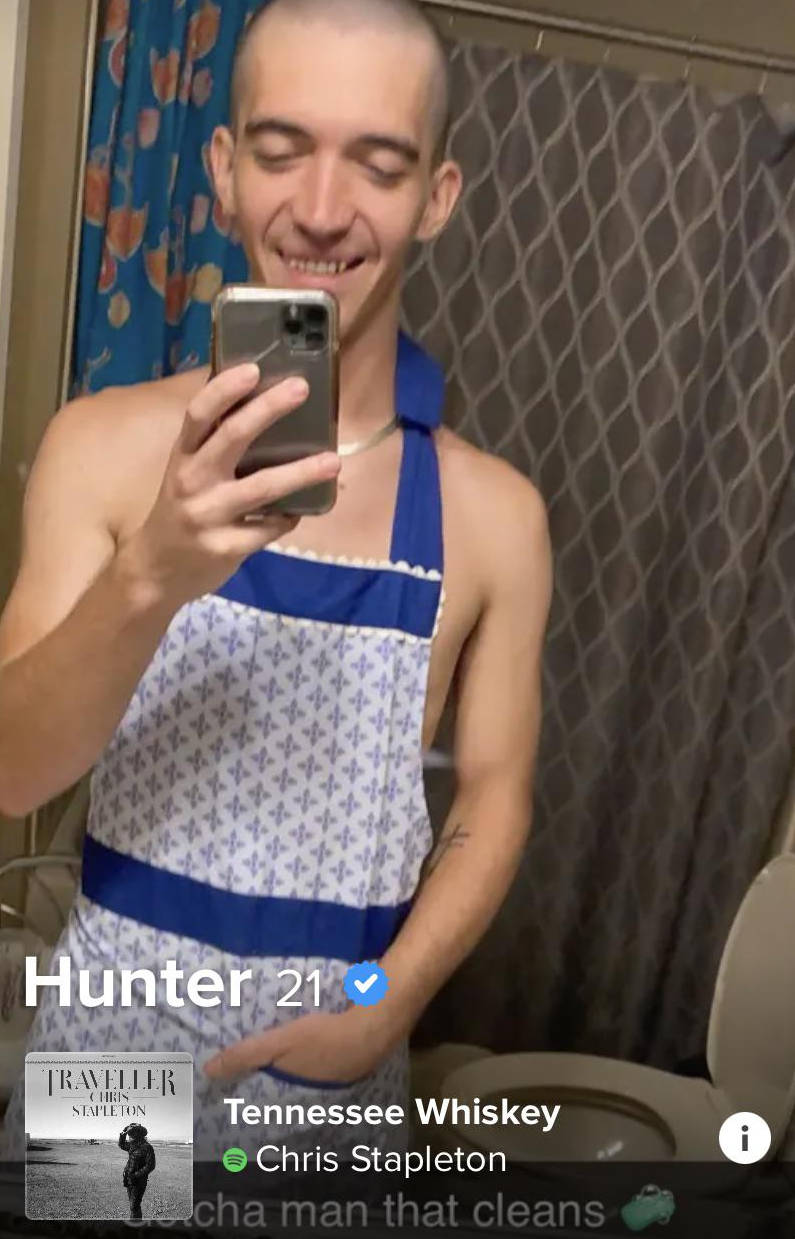Love during the online age for first timers – Easy tricks for good results
The transition from MySpace to Fb was, as the social media scholar danah boyd has argued, a situation of digital “white flight. ” “Whites ended up additional very likely to leave or decide on Facebook,” boyd points out.
“The educated had been extra very likely to leave or choose Facebook. Those people from wealthier backgrounds ended up more very likely to go away or select Fb. Those people from the suburbs ended up more likely to depart or select Fb.
“In some sense, this was baked into Facebook’s premise. It started between college pupils – in individual amid Harvard pupils, and then college students at other remarkably selective, elite colleges, and then pupils at all schools, and so on. It grew out of an initial person base that was largely rich and white slowly it became related with the bourgeoisie and MySpace with the proletariat.
- Could it be fine to date anyone some older/more radiant than me?
- What are the indications of someone with unresolved concerns from former marriages?
- Examples of the signs of a healthy physical relationship?
- How do I navigate online dating being guy with some other politics affiliations?
- How will i take care of a person that is too demanding?
- Consider some of the symptoms of a narcissistic sweetheart?
- How could i reach an individual I’m looking into?
The indication of someone with unresolved earlier childhood days situations?
Fb may possibly or may perhaps not have been deliberately exploiting these course dynamics, but individuals dynamics played a pretty authentic part in the site’s growth. If you doubt Hinge is the relationship app of the privileged, think about that it actually rated economic institutions by the eligibility of https://buyabrideonline.com/italian-brides their one workers.
What are the indications of mental adulthood in a very lover?
(Hinge)Hinge, likewise, targets an elite demographic. It really is only offered in metropolitan areas. Its end users are twenty-somethings and nearly all went to higher education. “Hinge users are 99 percent college or university-educated, and the most well-known industries incorporate banking, consulting, media, and trend,” McGrath suggests. “We not too long ago uncovered 35,000 end users attended Ivy League faculties.
- How to process someone with fury organization troubles?
- Ways to traverse adult dating in age social bookmarking?
- The signals that someone is psychologically sneaky?
- Do you find it fine so far anybody some older/youthful than me?
- Consider some of the evidence that someone is simply not emotionally committed to a partnership?
Just how do i contend with a person that is too really important?
“Classism and racism have generally been troubles in on the internet courting. Christian Rudder, a cofounder of OKCupid, demonstrates in his book Dataclysm that in a few big standard relationship web sites – OKCupid, Match. com, and DateHookup – black women are persistently rated reduced than women of other races.

Buzzfeed’s Anne Helen Petersen put with each other a Tinder simulation in which 799 individuals (albeit non-randomly selected ones) every single evaluated 30 bogus profiles produced applying stock images, and discovered that people’s swipes depended strongly on the perceived course of the future match. ” If a consumer self-identified as higher-middle-class and recognized the male profile in advance of him or her as ‘working-course,’ that user swiped ‘yes’ only 13 per cent of the time,” Petersen writes. But if they identified the profile as “center-course,” the swipe fee rose to 36 %. Hinge has carved out a area of interest as the courting app of the privileged.
Hinge offers yet a lot more resources for that variety of judging. You can see where by prospective matches went to school, or where by they worked.
Indeed, this sort of assortative mating – matching men and women of the same socioeconomic course with every single other – is embedded into the app’s algorithm. McLeod informed Boston. com’s Laura Reston the algorithm employs your past decisions to forecast potential matches, and in apply your college and place of work, and social network in standard, frequently provide as good predictors. “McLeod notes that a Harvard scholar, for case in point, might prefer other Ivy Leaguers,” Reston writes. “The algorithm would then compose lists that contain additional people today from Ivy League establishments. “Obviously, Hinge failed to invent this dynamic as Reston notes, 71 percent of college graduates marry other college or university graduates, and specified elite educational facilities are specially great at matching up their alumni (over 10 p.c of Dartmouth alums marry other Dartmouth alums). And the Hinge truth sheet frames this part of the algorithm as just yet another way in which the application resembles currently being established up by a mate:Think of setting up your pickiest buddy.
Very first, you’d think of all the folks you know who he/she could possibly like to fulfill. Then you would prioritize those suggestions based mostly on what you know about your good friend (desire for medical professionals, dislike for lawyers, appreciate for Ivy Leaguers and many others). Eventually, in excess of time you would start off to study his/her tastes and refine your recommendations. That’s specifically how Hinge’s algorithm works. There’s the “Ivy Leaguers” case in point yet again.
